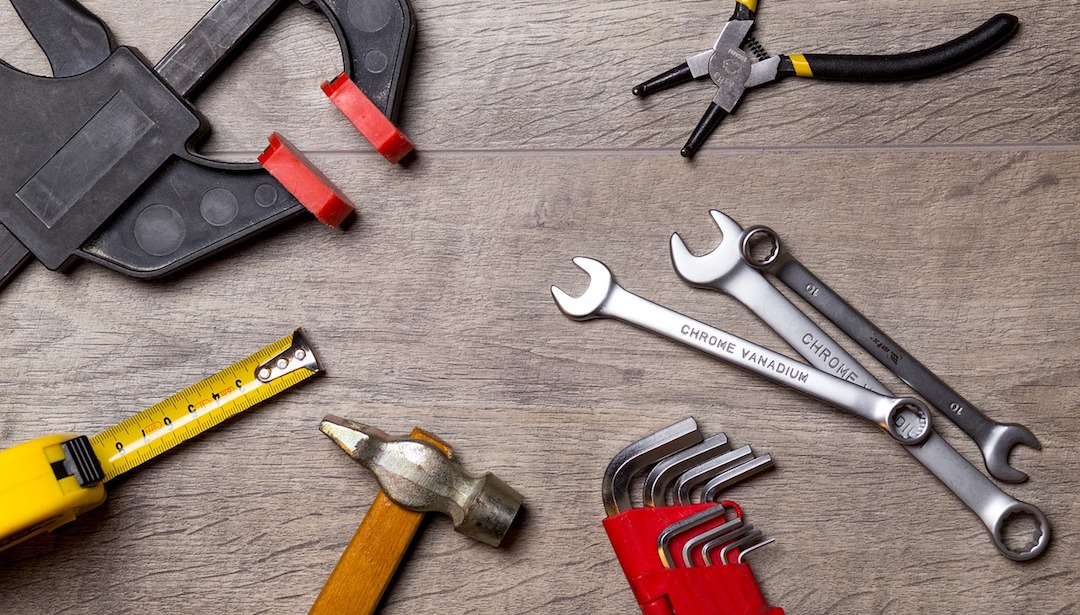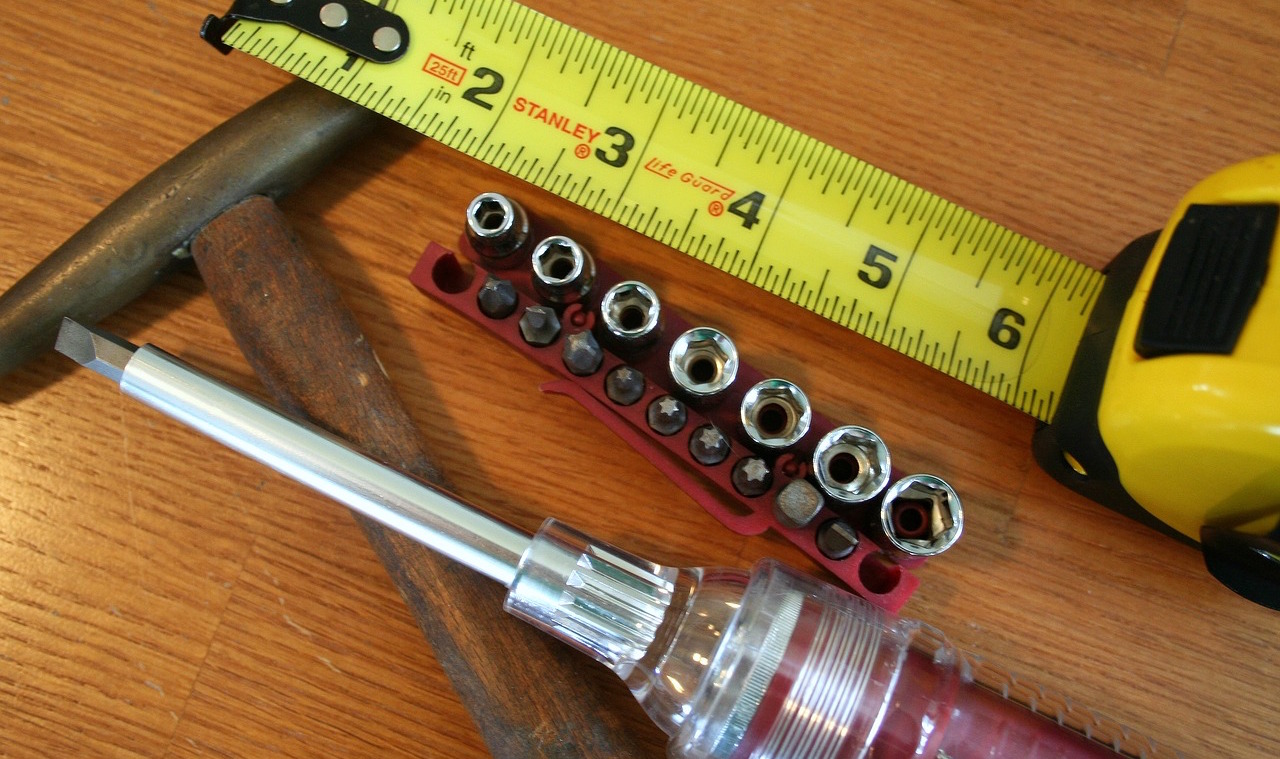If you are thinking of borrowing money in the near future, you may be wondering how to build credit. Thinking in these terms means you’re already on the right track – getting your credit report in great shape is so important for your financial wellbeing.
A strong credit report can help you boost your chance of being accepted for credit, and access better terms and rates. So without further ado, here are 5 smart things you can do to get your credit report in top shape.
What's Included?
1. Get a credit card and use it responsibly to build credit
Using a credit card can be an easy way for you to improve how lenders see you. Lenders want to see that you have a history of managing credit responsibly before they will agree to give you credit. The reason for this is quite obvious – if you’ve managed credit well in the past, it suggests you probably will do so in the future.
Showing that you can pay off the bill for a credit card each month is a great way of proving to lenders your ability to manage your personal finances. The longer you have and use a credit card, the better it looks.
The key word here, however, is ‘responsibly’. Getting a credit card and managing it poorly can hurt rather than help your creditworthiness. For instance, you’ll want to be careful not to get too close to your maximum credit limit on any one card. You also need to ensure you don’t miss your payments, and that you never use your credit card to withdraw cash. These factors can actually make lenders think you are struggling financially, and damage how they score you.
This can seem like a confusing step, because you need credit to get credit- so how do you get into this loop in the first place? With your Credit-Score account you are shown loans and credit cards that you are eligible for and have a higher change of being accepted on, simple.
2. Set up a direct debit for your bills
If you’re wondering how to build credit, you should know that your payment history has a big impact on your overall creditworthiness. Again, this is because the way you’ve handled payments in the past can give a good sense of your future behaviour.
A missed or late payment stays on your credit report for up to six years, so it’s super important to make sure you make payments on time! One smart way to avoid missing payments is to set up a direct debit, so your bills get paid without you needing to remember.
A direct debit is just an instruction from you to your bank, which gives permission for the organisation you want to pay to collect from your account automatically. This doesn’t cost you a thing, and it’s the most convenient way to pay regular bills.
Setting up a direct debit for your bills can save you from missed or late payments, and in the long run this will have a positive impact on your creditworthiness.
3. Stay within 10% of your credit limit
When you are looking to improve your creditworthiness, how much of your total credit limit you use is another key thing to bear in mind. Using a high percentage of your available credit can make lenders think you are financially overstretched, and suggest you don’t manage your credit well.
If you are trying to maintain an already excellent credit report, then keeping within 30% of your total limit is a good target. But if you want to build credit, then staying within just 10% of your credit limit is the way to go.
Keeping your credit usage at this low level can take some careful budgeting, but in the long term it’s worth it if it means you can borrow money more easily and cheaply in the future.
Another possible approach is to increase your total credit available by opening a new credit account, like a new credit or balance transfer card. This can make it easier to stay within a lower percentage of your overall credit limit. But be aware – you’ll have to manage any new account carefully to avoid getting into debt.
4. Use different types of credit
Lenders believe that people who manage different types of credit well are a lower risk to them. They are more likely to approve an application or offer the best interest rates to someone who can demonstrate they are using a variety of credit types.
This means if you want to build credit, it’s best not to just have a credit card. Over time, you should try and use a mix of different credit accounts, such as a mobile phone contract, credit cards, a personal loan, and a mortgage.
Of course, this isn’t something that will happen overnight. Building up a good variety of credit accounts takes time, so this should be part of your more long-term strategy to build credit.
5. Pay above the minimum repayment
If you currently have a credit card balance, you may be tempted to pay only the minimum monthly repayment. This can be a mistake, on more than one level.
Firstly, if you only pay back the minimum amount each month, you can end up paying a lot more in interest, costing you money in the long run.
In terms of building credit specifically, sticking to the minimum repayment looks bad to lenders. You may not know this, but lenders can look at your credit card payment amount from the past month, and also the amounts you’ve paid over the whole of the past year!
A minimum payment can be a sign to lenders that you’re financially struggling and can’t afford to pay a higher amount. Minimum repayments over a long period of time look even worse, because this could suggest continued financial distress. Understandably, this can hurt your ability to get a loan or mortgage.
If you want to improve how lenders view you, you should try to pay over the minimum repayment whenever you can, to show to lenders that you are on top of your finances.
How to build credit: A final tip
Hopefully at least some of this guidance has been useful. But if you want to find out how to build credit, the best way to improve your creditworthiness depends on you as an individual. As with most things in life, everyone’s a little bit different. That’s why we recommend taking a look at your Credit Report with Credit-Score, so you can see exactly where your personal credit profile stands, and learn what you can do to improve. A subscription to Credit-Score costs less than £10 a month, but we think you can’t put a price on peace of mind!
Credit-Score offers two fabulous solutions
If you’re preparing to take a mortgage, never apply until you’ve tried our unique and FREE Credit-Score Home app. Our smart technology will tell you what you need to fix so you avoid rejection. The app predicts when you will be able to buy, for how much and tracks your month-by-month progress to mortgage success. We’ve even added your own mortgage broker, so you get the best deals available.
More focused on your credit rating? Well, get started for free with Credit-Score’s 24- Factor Credit Check to truly help you improve your creditworthiness and how lenders view you. (Remember: lenders don’t use your credit score! We’ll show you what lenders look for and how to get your credit report in the best shape possible).
Last updated by Robert Edwards, May 2022






